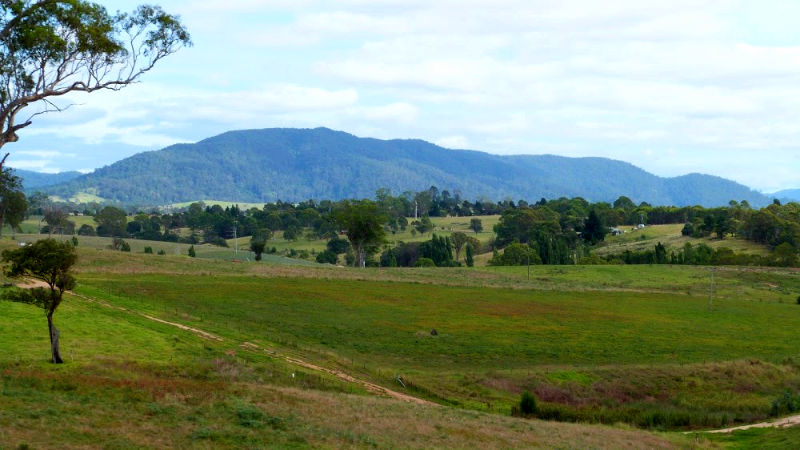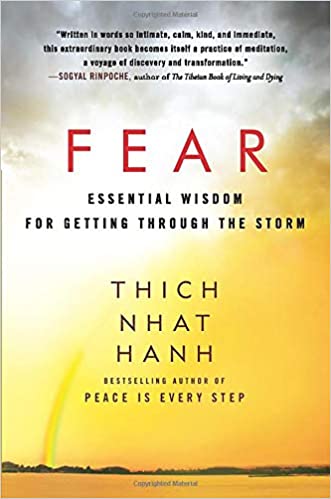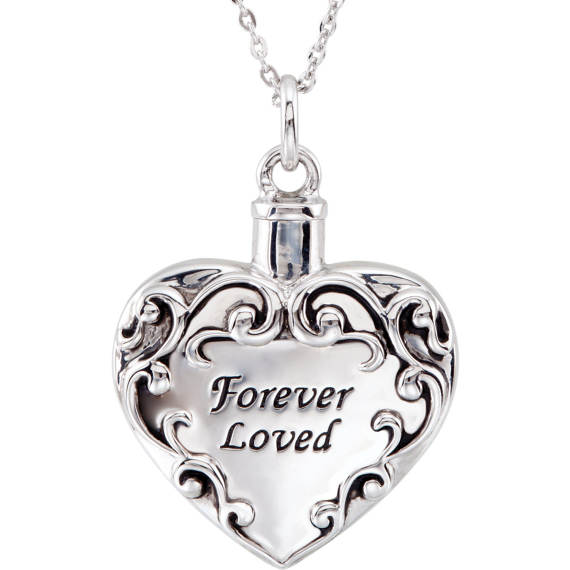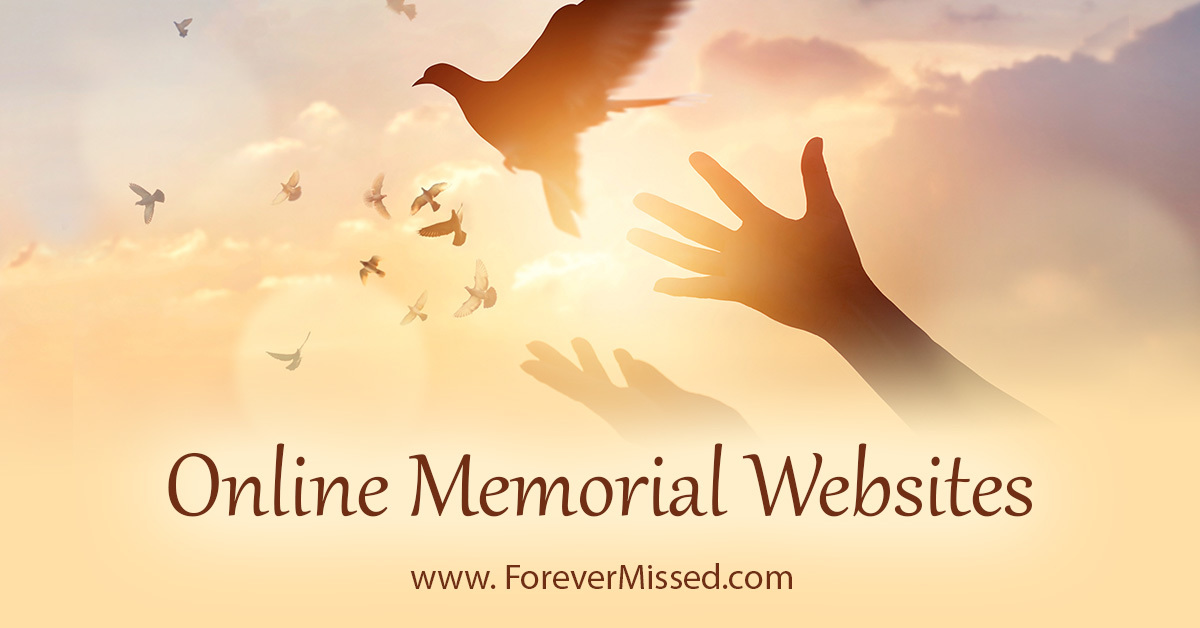Coronavirus – How to Combat the Fear and Anticipatory Grief
Those of us who have just lived through months of threat from the Australian bushfires are already becoming accustomed to having lost our sense of safety. When fire comes knocking at your front door, and the very air you breathe becomes toxic it is hard not to feel a sense of dread.

Following the rains things are once again green, and the sky is blue. We breathe a sigh of relief, though it is still in the back of our minds that it could happen again. Then just when we are beginning to relax and process the fact that we have survived, we now have the threat of disease. People are showing their sense of alarm by panic buying all kinds of things, especially toilet rolls.
While wondering why on earth stockpiling toilet rolls is the thing that people have chosen to do in response to this crisis, I try to grasp the underlying emotions. Fear certainly. Shock, disbelief, stress, anxiety and worry too.
Most of us go through life feeling pretty bullet proof. “It’ll never happen to me” is a strong protective mechanism that stops us from constant worry. But that protective mechanism can be weakened by a constant barrage of threats, whether from bushfire smoke or from a global media bombarding us with warnings and dire predictions.
Fear and Anticipatory Grief
We might fear for our own safety or health. We might fear for a loved one who is less able to fight off a virus or to cope with breathing in smoke. These are all forms of anticipatory grief. Grief for something which hasn’t happened yet, but which we feel is pretty likely to happen. Grief for those who will become sick and who may lose their lives, even if we don’t know them. And even more fear and grief that we may lose someone we do know and love.
Fear is a normal and completely natural response to a threat. The problems arise when it becomes a chronic state. If, every time we put on the news or go on social media, we are seeing fires, floods and disease we are bound to end up feeling anxious. Every day, we are confronted with lists of the sick and the dead in many different countries and they are growing by the day. Being in this constant state of fight or flight is incredibly stressful and not good for our health.
It can be even worse if we are already grieving for a loved one, and it is compounded by more grief, piled on top of more grief. It can become extremely overwhelming.
I will admit to feeling personally affected by all of this. I have a loved one who is very sick and for whom the bushfire smoke was a huge additional burden. The risk of him catching coronavirus and the consequences for him could be very bad. I’m sure I’m not the only one with these worries. We know that the virus affects most those who are elderly and already sick.
So how can we combat the fear and regain our equilibrium when we are faced with such a barrage of doom and gloom?
1. Take a Break from the Media
It is amazing how attached we all are to social media and the TV these days, so that we rarely get a break from the constant onslaught of news. We are so connected globally too, that we hear everything that is happening instantly. We are aware of so much more now than we ever were before the internet.
Such intense competition for our attention by the media also means that they try harder and harder by shocking us with more and more alarming headlines and making everything seem even worse than it is.
I was recently challenged to give up all media for a week and I can’t tell you how much better it made me feel. It was hard, but I don’t think I missed a great deal. Major news still managed to get through to me, as friends and family couldn’t help but let me know what was happening, but it was so much less invasive and I felt so much calmer.
So if you’re overwhelmed, try and stay away from the news and social media for a while. Give your mind a rest from it all.
2. Deal with the Fear and Anxiety
For me, I have come to realise that fear is a very physical experience. Our bodies go into fight or flight, which can mean heart pounding, sweating, upset stomach or nausea. Our muscles might become tight and our shoulders are perpetually up around our ears. This can cause headaches and all sorts of other symptoms that can cause even more worry.
So dealing with the symptoms of fear and anxiety can be a good place to start. Ways of doing that might be:
- Deep breathing – concentrate on taking some deep breaths into your belly. Count in for three and out for three.
- Meditation – you don’t have to be an expert to meditate. Try some guided recordings or calming music. You can find plenty of free ones on Insight Timer or YouTube.
- Exercise –it doesn’t have to be too energetic - simple walking in nature if you are able, yoga, tai chi or Pilates can be very relaxing. Many, many teachers are putting their classes online in response to the Coronavirus and lots are offering them free.
- A hot bath
- A good book
- Watching your favourite TV show
3. Get Creative
One thing I’ve noticed is how many people I know who are in lockdown are getting in touch with their creative selves. Some are painting, some are writing songs, some are sewing. Many are picking up hobbies and crafts they haven’t touched for years and are finding it really fulfilling.
Most crafts are a form of meditation. Think of knitting or crochet, pottery or embroidery, drawing or jigsaws. They let us concentrate on something pleasurable and help us to relax our brains for a while. There are many online courses available if you need instruction or inspiration. Bluprint has an amazing array of kits, courses and craft materials. Just click on the banner to get some inspiration.

4. Learn More about Fear from the Buddist Monk Thich Nhat Than.
In this small and beautiful book, he shows us that what we are feeling is universal amongst humans, and gives us simple and effective practices to help us acknowledge our fear, to work with it, and to let it be.
You can get a copy here:
Where to get help:
Have You Considered One-on-One Online Grief Counseling?
Get Expert and Effective Help in the Comfort of Your Own Home
The following information about online counseling is sponsored by 'Betterhelp' but all the opinions are our own. To be upfront, we do receive a commission when you sign up with 'Betterhelp', but we have total faith in their expertise and would never recommend something we didn't completely approve.
Do you feel alone and sad with no support and no idea how to move forward? It can be tough when you are stuck in grief to find the motivation to get the most out of your precious life.
Online counseling can help by giving you that support so you don't feel so alone. You can have someone to talk to anytime you like, a kind and understanding person who will help you to find meaning in life again, to treasure the memories of your loved one without being overwhelmed and to enjoy your activities, family and friends again.
- Simply fill out the online questionnaire and you will be assigned the expert grief counselor most suitable for you. It only takes a few minutes and you don't even have to use your name.
- Pay an affordable FLAT FEE FOR UNLIMITED SESSIONS.
- Contact your counselor whenever you like by chat, messaging, video or phone.
- You can change counselor at any time if you wish.
- Click here to find out more and get started immediately.
- Or read more about how online counseling works here.
Sales from our pages result in a small commission to us which helps us to continue our work supporting the grieving.
Hypnosis for Grief - 10 Ways It Can Help You
Try a gentle hypnotherapy track to relax the mind. Learn how self-hypnosis can help you cope with grief at any time of the day or night.

For Remembrance:
Sales from our pages result in a small commission to us which helps us to continue our work supporting the grieving.
Memorial Jewelry to Honour a Loved One
Check out our lovely range of memorial jewelry for any lost loved one. Pendants, necklaces, rings or bracelets, we have them all in all kinds of styles. Choose for yourself or buy as a sympathy gift.
Create an Online Memorial Website
Honour your loved one with their own memorial website. Share photos, videos, memories and more with your family and friends in a permanent online website. Free for basic plan with no ads.
Related Pages:
Activities for Coping with Grief
Coronavirus - What You Are Feeling Is Grief
- Grief and Sympathy Home
- Dealing with Grief
- Coronavirus Fear and Anticipatory Grief









